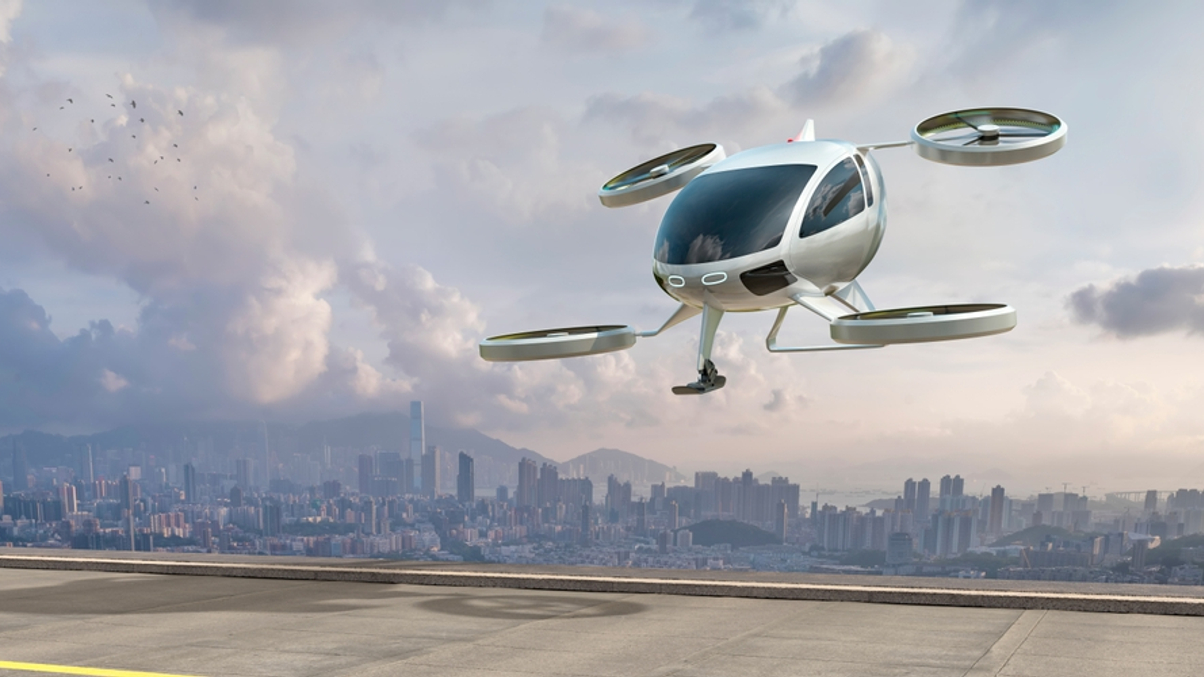Electric vehicles, flying cars capture family office's attention
Single family office Click Ventures sees electric vehicles and flying taxis taking off with China leading the charge on regulatory moves and hybrid innovations.

Single family office Click Ventures, based in Singapore and Hong Kong, is actively monitoring and seeking investment opportunities in the electric vehicle (EV) sector.
Sign in to read on!
Registered users get 2 free articles in 30 days.
Subscribers have full unlimited access to AsianInvestor
Not signed up? New users get 2 free articles per month, plus a 7-day unlimited free trial.
¬ Haymarket Media Limited. All rights reserved.


